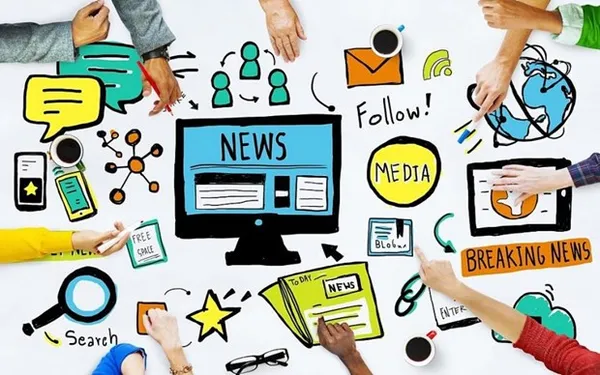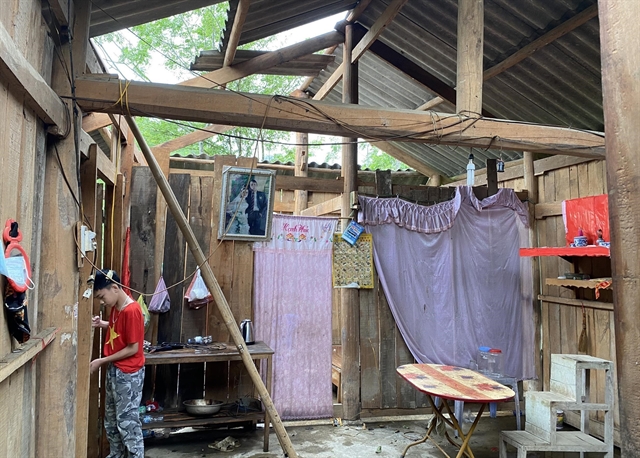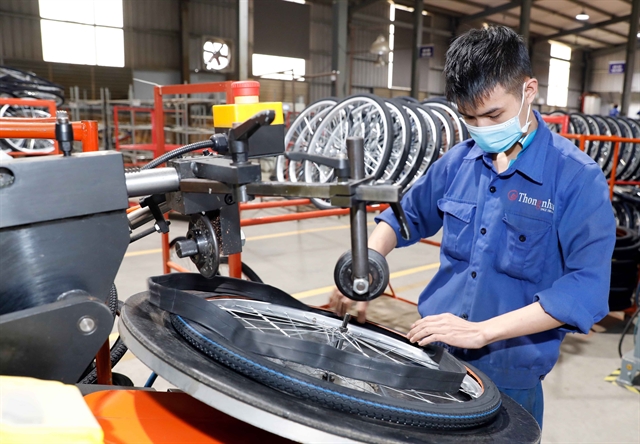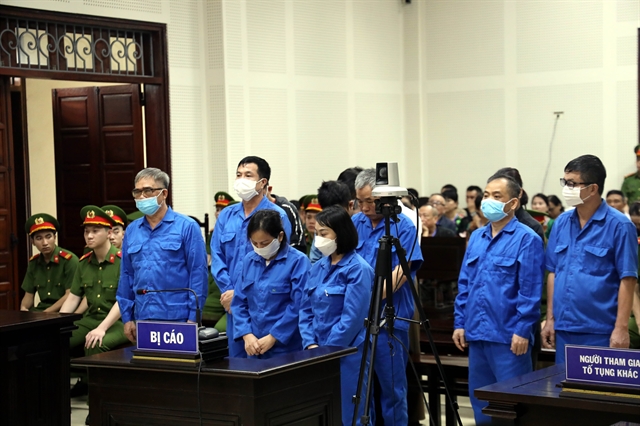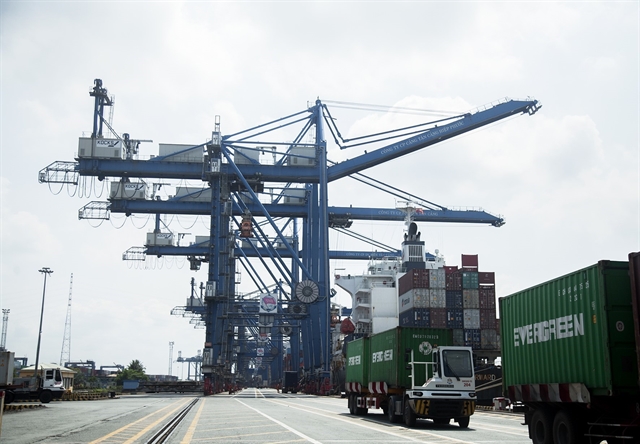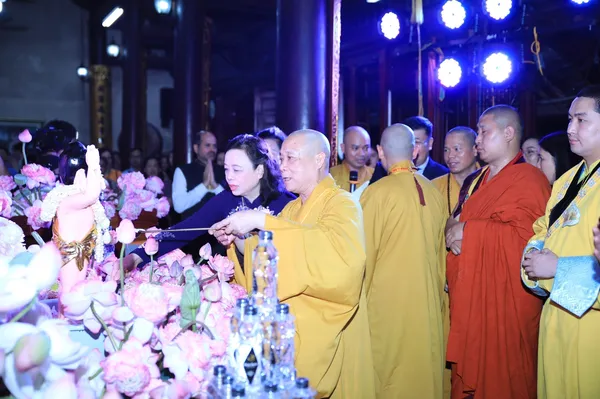 Op-Ed
Op-Ed
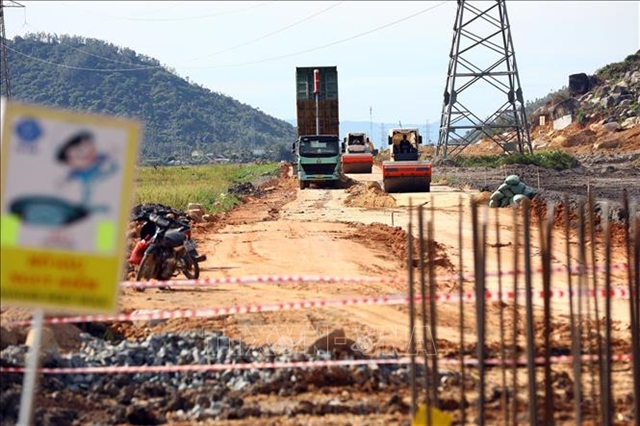
While the Vietnamese Government has taken measures to control the spread of the virus and doctors and nurses are working around the clock in quarantined areas, online fake news and rumours have been raising fear in society, harming community’s health and distorting public understanding.
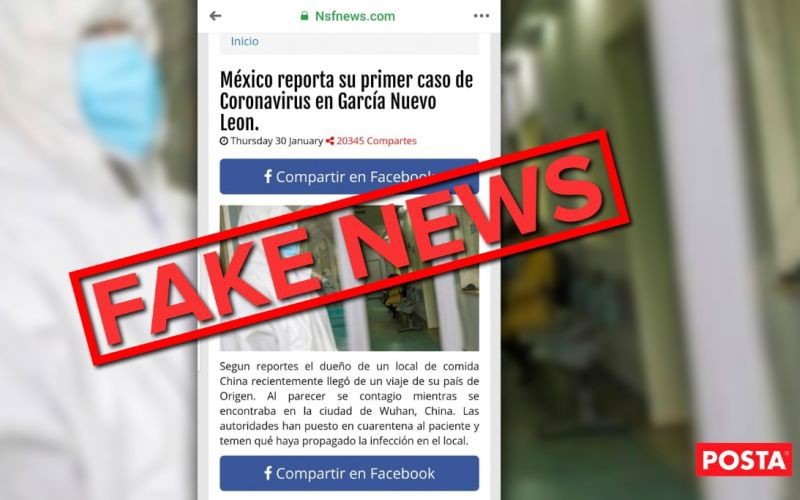
|
Photo Straits Times
Khánh Dương
HÀ NỘI — As the number of novel coronavirus (COVID-19) infection cases soars in China and spreads across the world, misinformation on social networks about the origins, scale and magnitude of the epidemic has hit countries across Asia, including Việt Nam.
While the Vietnamese Government has taken measures to control the spread of the virus and doctors and nurses are working around the clock in quarantined areas, online fake news and rumours have been raising fear in society, harming community’s health and distorting public understanding.
According to the Ministry of Public Security, as of February 5, more than 170 people in Việt Nam were summoned by local police for posting misinformation, rumours and lies about COVID-19.
With 15 confirmed COVID-19 infection cases so far in Việt Nam, more than 10 times as many people have spread these digital viruses than the actual deadly virus.
Aiming to lure internet users to follow their post for various purposes, including online sales, those spreading such 'news' seem more interested in shocking people with horror stories about deaths and positive tests.
The more shocking the information is, the further it spreads.
On February 3, a man in central Đà Nẵng City was fined VNĐ12.5 million (US$544) for posting a fake COVID-19 positive test result and telling Facebook users he was infected with the virus.
HCM City’s Department of Information and Communications last week summoned 14 Facebookers for posting inaccurate news about the virus. One of them raised panic among the community by saying that more than 30 people had died of the virus at Chợ Rẫy Hospital.
There are even myths about COVID-19 cures like drinking urine, taking drugs, eating garlic or putting salt in face masks.
More dangerously, the false information has spread quickly through retweetable tweets, likeable posts and shareable photos.
Not only ordinary people, several famous singers, actors and actresses have also spread inaccurate news to heir millions of followers.
Coronavirus rumours have spread faster than the virus itself, making the rapid spread of misinformation more worrying than the spread of the virus.
The World Health Organisation (WHO) has called the overabundance of information on COVID-19 an "infodemic" in which “some information is accurate and some not-that makes it hard for people to find trustworthy sources and reliable guidance when they need it”.
Dr Nguyễn Trung Cấp, head of Emergency Department, National Hospital of Tropical Diseases, who has been fighting COVID-19 in Việt Nam and closely supervises patients said: “The chaos caused by fake news has spread to the special quarantine area, which distracts resources in an unnecessary and wasteful way.”
Instead of focusing on taking care of patients, the doctor said he had to assign his colleagues to talk to 30 people gathering at the hospital saying they were worried about the outbreak. Some people even argued with medical workers and tried to get an angry reaction to film and post online, he said.
The Law on Cyber Security which took effect last year prohibits spreading inaccurate news that causes anxiety among society and damage socio-economic activities.
Those who take advantage of social networks to provide and share fake news, distorted information or slander will face fines of between VNĐ10 million ($435) and VNĐ20 million ($870) from April this year.
Facebook, Google, Twitter, Instagram and other tech giants have also scrambled to prevent the surge of COVID-19 falsehood.
Google has provided WHO links with the latest update to its users when they search for keywords related to the ongoing outbreak.
YouTube said it would steer users to reliable sources when they search for videos about the virus.
According to Nguyễn Thanh Lâm, director general of the Authority of Broadcasting, TV and Electronic Information under Ministry of Information and Communications, the ministry has requested Facebook remove fake news posted by individuals from overseas and help Việt Nam approve official information.
“If the users search anything related to coronavirus on Facebook, it will direct the users to the latest news and keywords which appear on the official website of the health ministry,” he said.
All the efforts of social network sites and governments will not be effective unless each of us equips ourselves with virus prevention knowledge.
We need to raise our awareness about COVID-19 because the deadly epidemic is truly frightening. But it will become worse if fake news, misinformation, rumours and lies are spread across the country, the region and the world.
We should not share inaccurate or unverified information but spread the word responsibly, read news from reliable sources and follow medical advice from official sources like the health ministry.
Besides prevention measures like face masks and hand sanitiser which are in urgent need these days, knowledge is another way to safeguard ourselves, our family and community against the epidemic of rumours. — VNS

